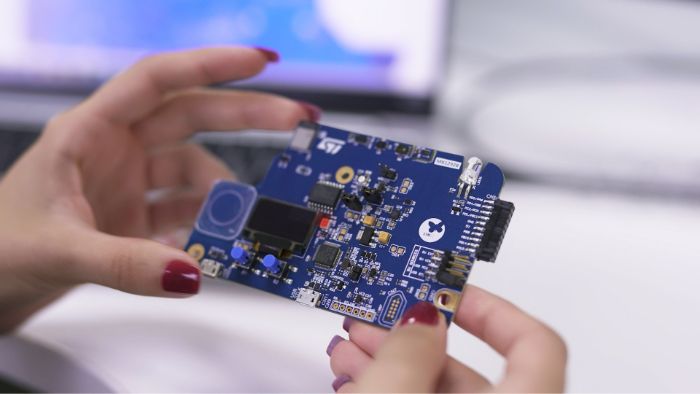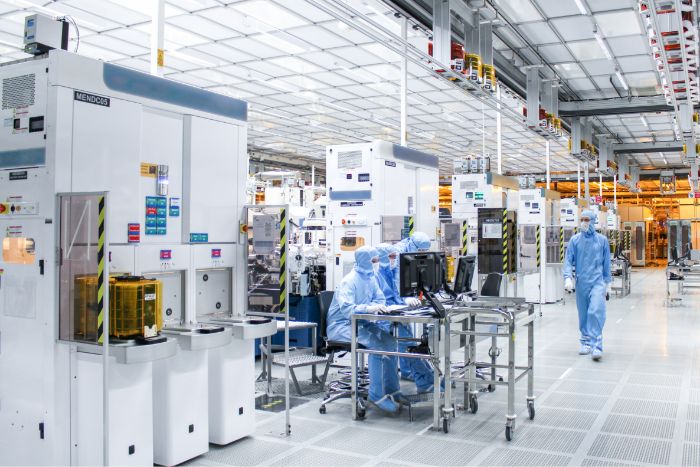Small and flexible synchronous buck controller from STMicroelectronics handles extreme step-down ratios

Stay tuned
To receive frequent updates via email, subscribe to our press releases.
With compact dimensions and an input-voltage range from 6V to 75V, STMicroelectronics’ L3751 synchronous buck controller serves different applications from industrial equipment to battery powered light electric vehicles. The 3.5mm x 4.5mm controller is also suited to use in telecom and networking equipment that feature commonly used 24V and 48V buses.
Having minimum on-time duration of 40ns, the L3751 can support an extremely low duty cycle thereby permitting a large step-down ratio. This allows powering low-voltage devices directly without intermediate conversion, which helps simplify circuit design and lower bill-of-materials (BOM) costs. The device integrates a 7.5V supply for the gate drivers.
In addition to having a wide supply-voltage range, the L3751 has 100V-tolerant inputs that allow operation in harsh electrical environments. The switching frequency is adjustable from 100kHz to 1MHz, giving designers flexibility to optimize circuit size, performance, and cost, through selection of the external MOSFETs and passive components.
To enhance efficiency and minimize ripple, the L3751 operates in diode-emulation mode and with pulse skipping at light loads.
The L3751 provides extensive protection functions, including thermal protection, input under-voltage lockout, constant current protection with hiccup mode, and programmable current sensing. There is also an external Enable pin and open-collector power-good indicator.
The STEVAL-L3751V12, 100W evaluation board, is available to help designers accelerate device selection in power-supply development.
The L3751 is in production now and available in a QFN20 package with wettable flanks that aid inspection, priced from $1.36 for orders of 1000 pieces.
For further information, please visit www.st.com/L3751
Stay tuned
To receive frequent updates via email, subscribe to our press releases.



